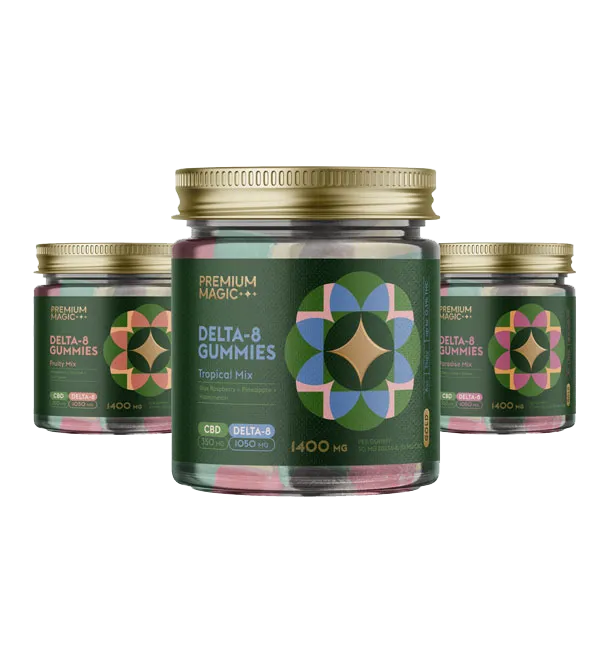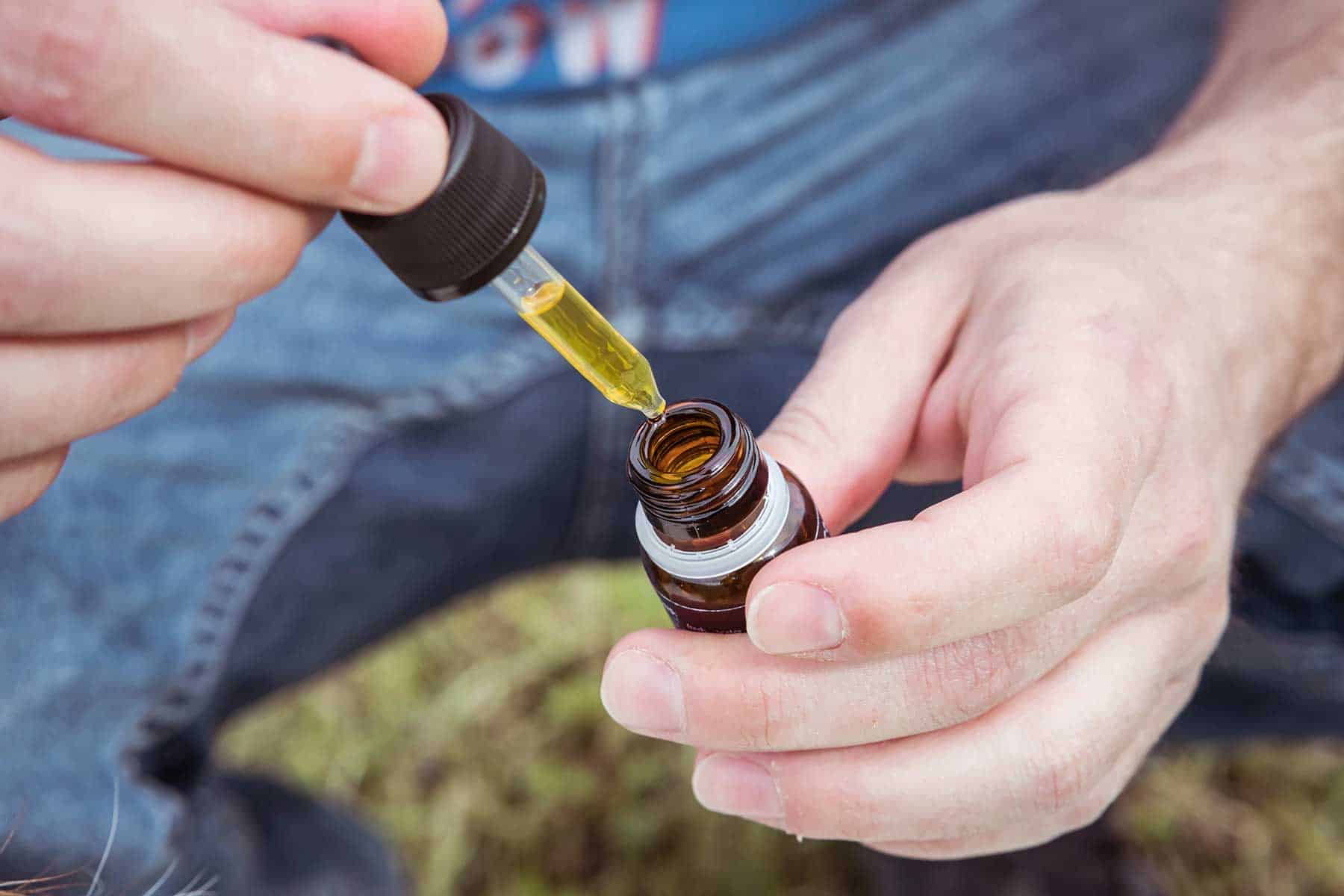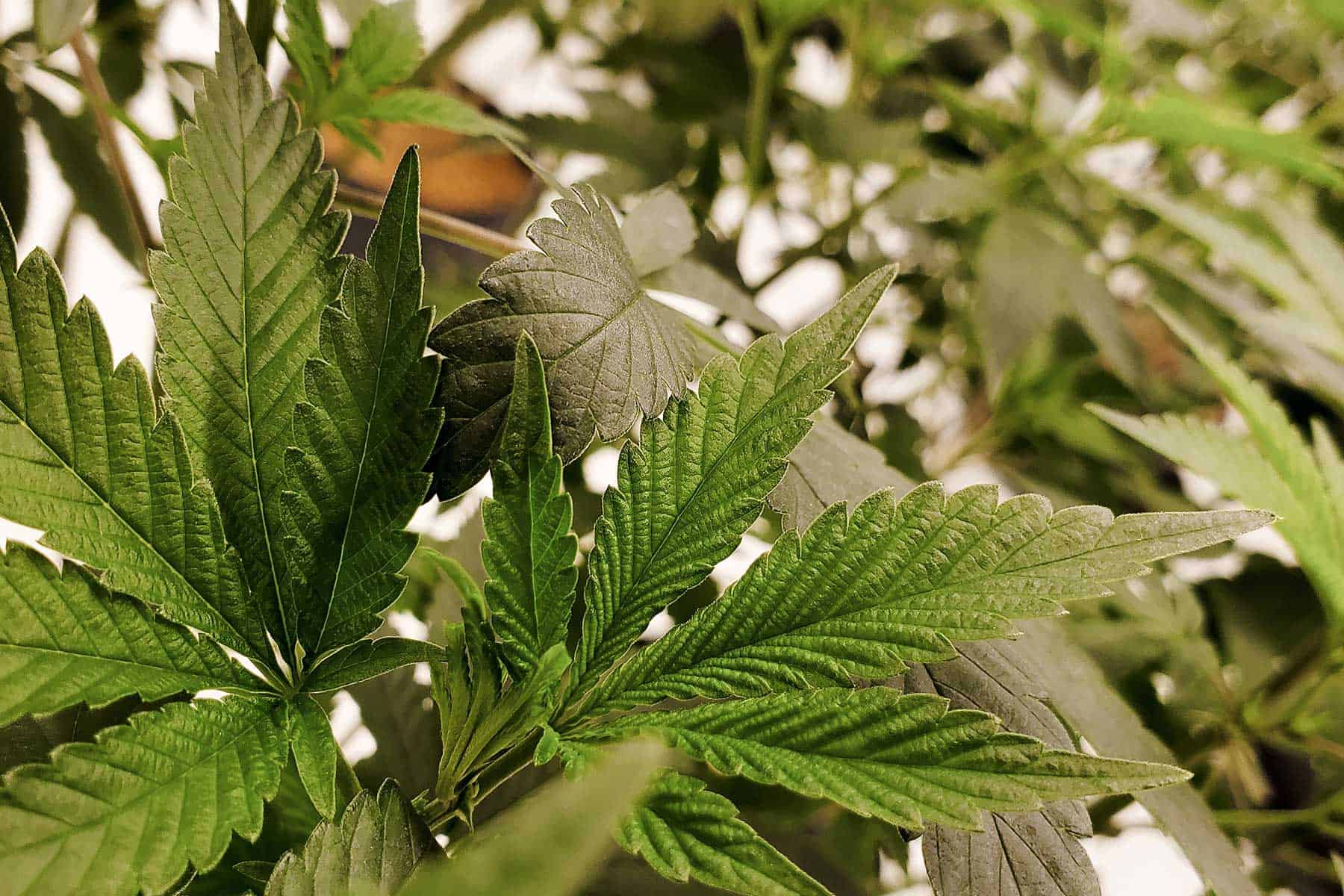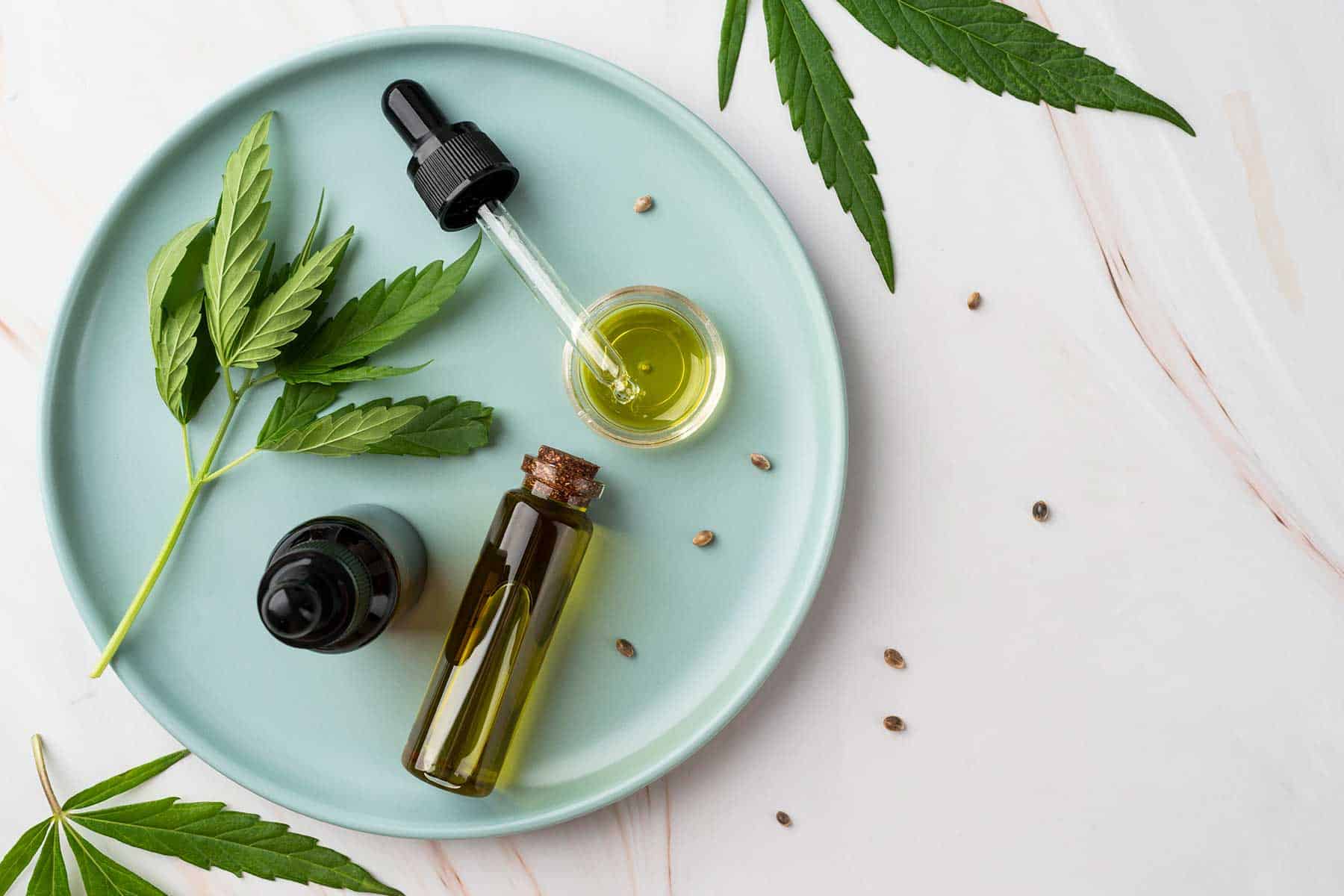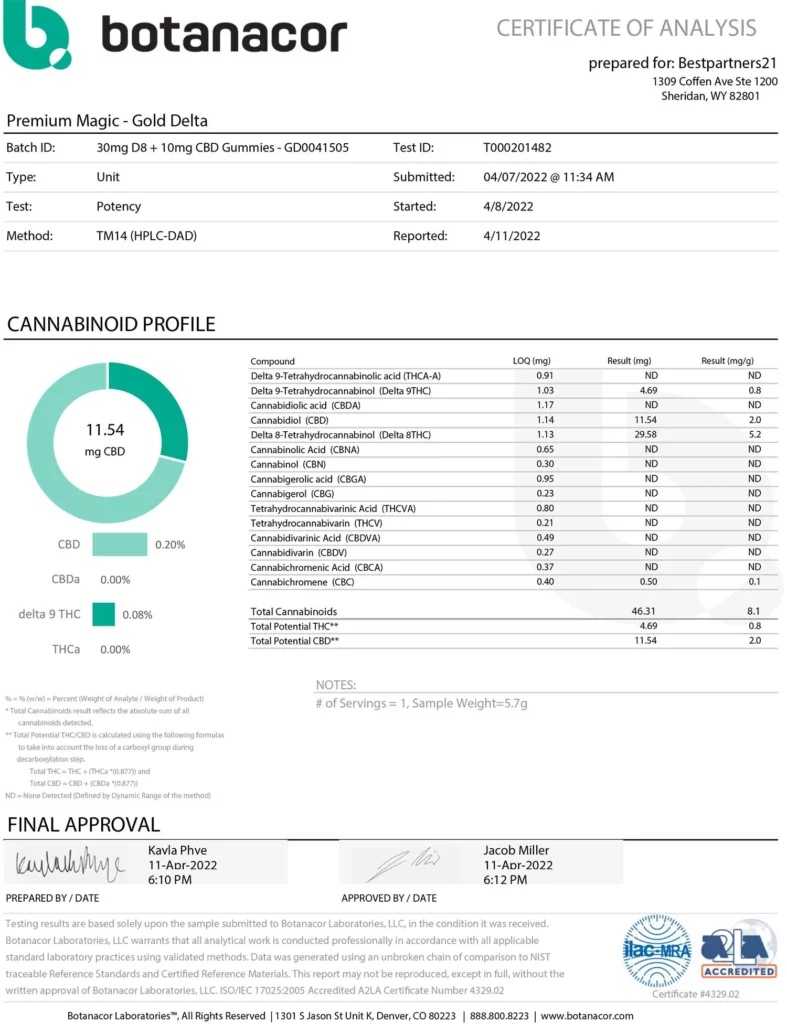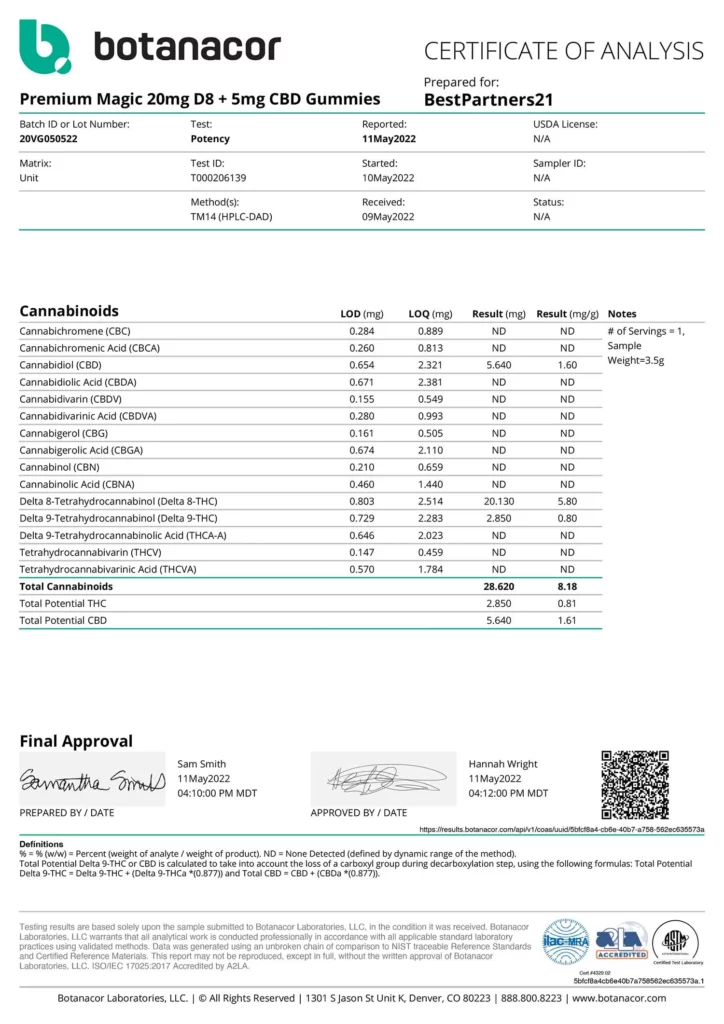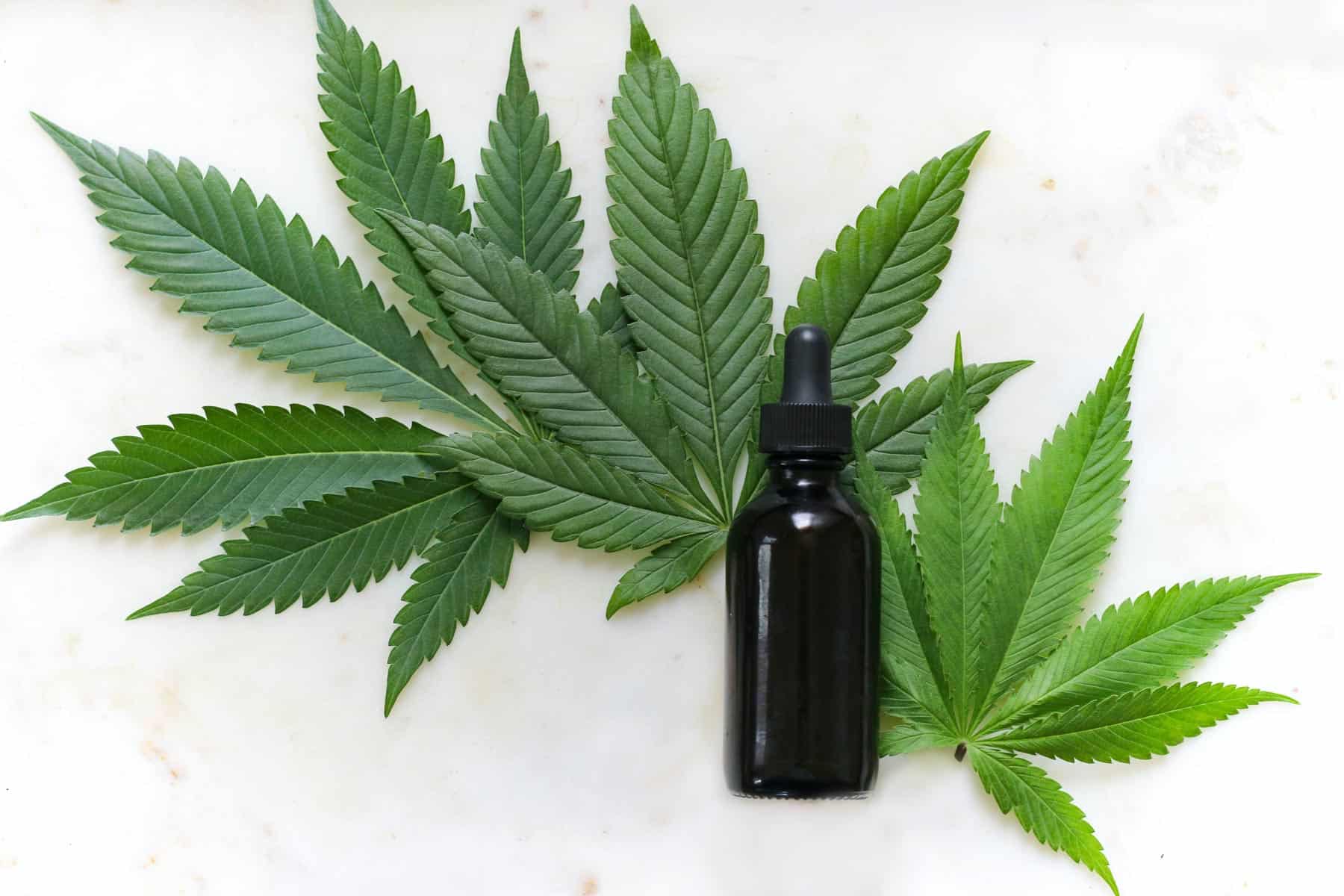
Unlocking the Anti-Inflammatory Benefits of CBD Topicals

If you’re on the lookout for a natural approach to skincare, CBD topicals could be just what you need. These products use CBD, a compound found in cannabis, which is praised for its potent anti-inflammatory properties. So, whether you’re dealing with sore muscles, skin irritation or persistent inflammation, CBD topicals might provide a soothing and effective solution. In this article, we’ll delve into how these topicals work and unlock the secrets to their beneficial properties.
What is CBD?
CBD, short for cannabidiol, is a naturally occurring compound found in cannabis plants. Unlike its counterpart THC, CBD is non-psychoactive, which means it won’t make you feel “high.” CBD is extracted from hemp plants, a variety of cannabis with low THC content. It has gained significant popularity due to its potential therapeutic benefits.
Origins of CBD
CBD has been used for centuries in traditional medicine practices. However, it wasn’t until recently that its medicinal properties gained widespread attention. With advancements in scientific research, CBD’s potential benefits are being explored in various fields, including skincare.
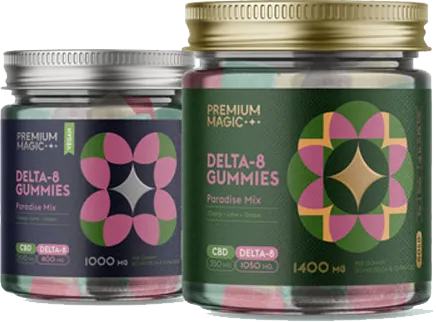
Gold + Silver Paradise Mix
Original price was: $154.98.$68.99Current price is: $68.99.
Or Subscribe and Save 30%
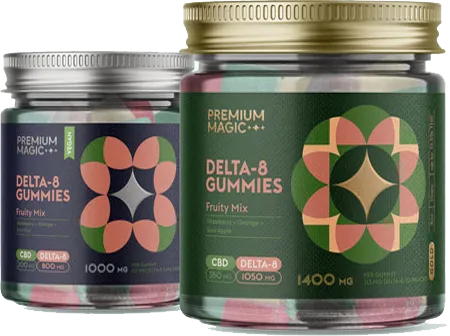
Gold + Silver Combo Fruity Mix
Original price was: $154.98.$68.99Current price is: $68.99.
Or Subscribe and Save 30%
How CBD Works in the Body
CBD interacts with our body’s endocannabinoid system (ECS), a complex network of receptors and neurotransmitters. The ECS plays a crucial role in regulating various bodily functions, including pain perception, immune response, and inflammation. When CBD is consumed or applied topically, it interacts with the ECS, helping to restore balance and promote overall well-being.
CBD’s anti-inflammatory properties are of particular interest. Inflammation is the body’s natural response to injury or infection, but chronic inflammation can lead to various health issues. CBD has been found to have potential anti-inflammatory effects by influencing immune cells and reducing the production of inflammatory molecules.
While the exact mechanisms of CBD’s anti-inflammatory actions are still being studied, initial research suggests that it may help modulate the immune response, inhibit inflammatory mediators, and promote tissue repair. These properties make CBD a promising candidate for addressing inflammatory conditions.
What are CBD Topicals?
CBD topicals are skincare products infused with cannabidiol (CBD). They come in various forms, including creams, lotions, balms, salves, and oils. Unlike CBD oils or tinctures that are ingested or CBD capsules that are taken orally, CBD topicals are designed to be applied directly to the skin.
Types of CBD Topicals
- Creams and Lotions: CBD-infused creams and lotions have a smooth and creamy texture, making them easy to apply and spread over larger areas of the body. They often contain other beneficial ingredients like moisturizers and essential oils for enhanced skin nourishment.
- Balms and Salves: Balms and salves have a thicker consistency and are typically used for localized relief. They are ideal for targeting specific areas of the body, such as joints, muscles, or areas experiencing inflammation. These topicals often contain additional ingredients like beeswax or shea butter for added moisturization.
- Oils: CBD oils are versatile and can be used in various ways. They can be applied directly to the skin or mixed with carrier oils for massage purposes. CBD oils are also commonly used in DIY skincare recipes.
How They’re Used
CBD topicals are applied externally to the skin, allowing the CBD to interact with localized receptors and tissues. To use CBD topicals, you simply take a small amount of the product and gently massage it onto the desired area until fully absorbed. The skin acts as a barrier, preventing CBD from reaching the bloodstream, so CBD topicals primarily target the area where they are applied.
CBD topicals offer a convenient and targeted approach to skincare and pain relief. Whether you’re dealing with muscle soreness, joint discomfort, or skin conditions, these topicals can provide localized support and deliver the potential anti-inflammatory benefits of CBD directly to the affected areas.
The Science Behind CBD and Inflammation
CBD has shown promising potential in reducing inflammation in the body. Inflammation is a natural response of the immune system to protect against injury or infection. However, chronic inflammation can lead to various health issues, including pain, swelling, and tissue damage. CBD’s anti-inflammatory properties make it a subject of interest for researchers and individuals seeking natural remedies.
How CBD Reduces Inflammation
CBD interacts with the body’s endocannabinoid system (ECS), which plays a vital role in regulating various physiological processes, including inflammation. The ECS consists of receptors known as CB1 and CB2, which are found throughout the body, including the immune system. When CBD interacts with these receptors, it can influence immune response and modulate inflammation.
Studies and Evidence
Numerous studies have investigated the anti-inflammatory effects of CBD and provided promising results. Research suggests that CBD may help reduce inflammation by:
- Inhibiting inflammatory mediators: CBD has been found to inhibit the production of pro-inflammatory molecules, such as cytokines, thereby reducing the inflammatory response.
- Modulating immune response: CBD can modulate the activity of immune cells, influencing the release of immune system messengers and promoting a balanced immune response.
- Supporting tissue repair: CBD may promote tissue repair and regeneration by stimulating the production of new cells and reducing oxidative stress.
While more research is needed to fully understand the mechanisms and potential applications of CBD in inflammation, these studies provide valuable insights into its therapeutic potential.
Benefits of CBD Topicals for Skin Health
CBD topicals offer a range of benefits for improving overall skin health and addressing specific skin conditions. Here are some key advantages to consider:
1. Moisturization and Hydration: CBD topicals often contain moisturizing ingredients that help nourish and hydrate the skin, promoting a healthier and more youthful appearance.
2. Anti-Aging Properties: CBD is rich in antioxidants, which can help protect the skin from free radicals and oxidative stress. This may reduce the signs of aging, such as fine lines, wrinkles, and dullness.
3. Soothing and Calming: CBD has been found to have soothing properties, making it beneficial for sensitive or irritated skin. It can help alleviate redness, itching, and inflammation, providing relief for conditions like eczema, psoriasis, and dermatitis.
4. Acne Management: CBD’s anti-inflammatory properties, combined with its ability to regulate sebum production, make it a potential ally in managing acne-prone skin. By reducing inflammation and controlling oil production, CBD can help prevent breakouts and promote clearer skin.
5. Potential for Wound Healing: Some research suggests that CBD may support wound healing and scar reduction. Its anti-inflammatory and antimicrobial properties could aid in the recovery process and minimize scarring.
6. Overall Skin Balance: CBD topicals can help restore balance to the skin by interacting with the ECS. This may regulate various skin functions, such as oil production, cell turnover, and moisture levels, leading to healthier and more vibrant skin.
It’s important to note that individual results may vary, and CBD topicals should be used as part of a comprehensive skincare routine. If you have specific skin concerns or conditions, it’s advisable to consult with a dermatologist or skincare professional to determine the best approach for your needs.
How to Use CBD Topicals for Inflammation
CBD topicals can be a valuable addition to your anti-inflammatory routine. Here’s a step-by-step guide on how to use CBD topicals effectively and get the best results:
Step 1: Cleanse the Skin
Start by washing the affected area with a mild cleanser to remove any dirt, oil, or impurities. Gently pat the skin dry with a clean towel.
Step 2: Apply a Small Amount
Take a small amount of CBD topical and apply it directly to the affected area. Start with a pea-sized amount and gradually increase if needed. Remember, a little goes a long way.
Step 3: Massage into the skin
Using gentle circular motions, massage the CBD topical into the skin. This helps promote absorption and ensures even distribution.
Step 4: Allow Absorption
Give the CBD topical some time to absorb into the skin. Follow the instructions provided by the product manufacturer regarding the recommended duration for absorption.
Step 5: Repeat as Needed
Depending on the severity of the inflammation, you may need to reapply the CBD topical. Follow the product’s instructions for frequency, or use as needed for relief.
Tips and Advice for Best Results:
- Perform a patch test: Before applying a CBD topical to a larger area, perform a patch test on a small section of skin to check for any adverse reactions.
- Start with a lower concentration: If you’re new to CBD topicals, start with a product that has a lower CBD concentration and gradually increase if needed.
- Be consistent: Consistency is key when using CBD topicals for inflammation. Use them regularly as part of your skincare routine for long-lasting benefits.
- Combine with other healthy habits: Alongside using CBD topicals, maintain a healthy lifestyle by practicing good skincare hygiene, eating a balanced diet, staying hydrated, and getting regular exercise.
By following these steps and tips, you can optimize the effectiveness of CBD topicals for addressing inflammation and promoting healthier skin. Remember, consult with a healthcare professional if you have any specific concerns or medical conditions.
Closing Remarks:
CBD topicals offer a natural solution for inflammation and skin health. With their potential to reduce inflammation and soothe skin conditions, they provide a promising option. Consider incorporating CBD topicals into your skincare routine for targeted relief and potential benefits. Remember to consult a healthcare professional before starting any new regimen. Embrace the potential of CBD topicals for healthier and balanced skin.
